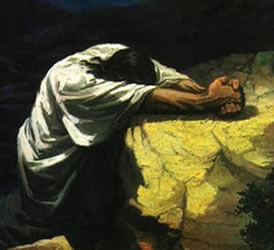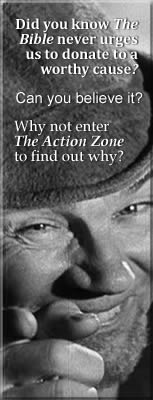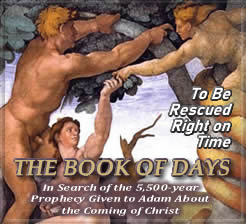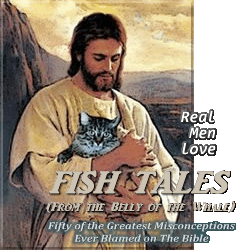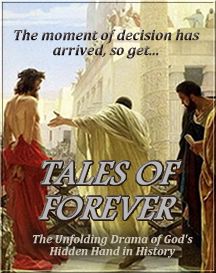The Joy of Cynicism (Cont’d)
Because Certainty Comes So Very Hard
Many years ago, I heard a story about what was described as the “joy of agnosticism,” in which it was said that agnosticism was a far easier philosophy of life to embrace than that of theism. While theism is defined as the belief in God as the creator of the Universe, intervening in it and sustaining a personal relation to His creatures, agnosticism states that nothing can be known of God’s existence or of anything beyond material phenomena.
In contrast to the atheist, who flat out denies the existence of God, the agnostic claims neither belief nor disbelief in God. In either case, whether one embraces agnosticism or atheism, both are said to question any and all evidence offered by the theist as proof of God’s existence. In short, both agnosticism and atheism embrace doubt in contrast to theism which embraces faith.
At this juncture, one needs to understand something very important. When I talk about such things as faith and doubt, it’s easy to get lost in the traditional meanings of these words. And if this continues unchecked, then there’s really no point in examining this question of why some people have faith and others don’t. That’s because when most people talk about faith, it’s generally assumed that we’re talking about “blind faith” as opposed to a faith that involves an experience-based analysis. It’s assumptions like this that had Bierce railing against the traditional view of faith, when he described it as “belief without evidence in what is told by one who speaks without knowledge, of things without parallel.” And because of this, most in turn can’t help but buy into the misconception that people who do believe in the evidence of Scripture or Nature are naïve, gullible, or foolish for doing so.
Story Continues Below
Says Richard Price—the founder and CEO of Academia.edu—on his podcast In Depth With Academia:
Conquering the Joy of Cynicism and the Death of Beauty: How Your Worldview Shapes the World You Live In is:
To hear Price’s book review of Conquering the Joy of Cynicism and the Death of Beauty, CLICK HERE.
To watch author and historian W. Kent Smith discuss the contents of his book On Earth as It is On Heaven, at the Sacred Word Revealed Conference ‘23, hosted by Zen Garcia, CLICK BELOW.
Story Continues From Above
This is the origin of the idea, then, of the “joy of cynicism,” because when I talk about faith in biblical terms, I’m never talking about “blind faith.” In fact, when I talk about the contrast between doubt and faith, what I’m describing here in this work is the difference between doubt and certainty. When considering this difference, I’m always reminded of two views expressed by two famous thinkers. On one hand, there is the eighteenth-century French philosopher Voltaire who said, “Doubt is not a pleasant condition, but certainty is absurd.” And on the other hand, there is the nineteenth-century English philosopher John Stuart Mill who said, “There is no such thing as absolute certainty, but there is assurance sufficient for the purposes of human life.”
And herein lies the crucial difference between agnosticism and theism, because doubt comes so easily to the human race, while certainty comes so very hard. That’s why when I talk about such things as agnosticism, skepticism, and cynicism, I can talk about them in terms of the “joy” they bring. While the agnostic sits in his or her ivory tower and belittles anyone they deem foolish enough to embrace the message of The Bible, the theist wrestles daily with the same evidence that confronts the agnostic. But instead of casually, joyfully, dismissing it like the agnostic, the theist anxiously, painstakingly, attempts to reconcile said evidence.
As such, these two worldviews spawn two very different personality types. The ever-seeking believer sees himself or herself as a creature subject to the divine will and though plagued with an inevitable sense of guilt and uncertainty never loses sight of their ultimate destiny beyond one’s mortal self. Compare that to the happy-go-lucky agnostic who thinks himself or herself above all the nonsense, all the hypocrisy, all the self-deception of their less sophisticated counterparts who they see as wallowing in so much self-pity and self-recrimination.
As the Scriptures describe it, there are the troubled ones who constantly struggle to make sense of the incongruities of life, and who groan: “Woe is me, I’m undone. Please God, be merciful to me—a sinner.” Then there are the others who live contentedly, high above all the head games played by those whom they view as religious zealots, and who exclaim: “Joy is me, I’m immune. Please folks, be sensible with me—a realist.”
